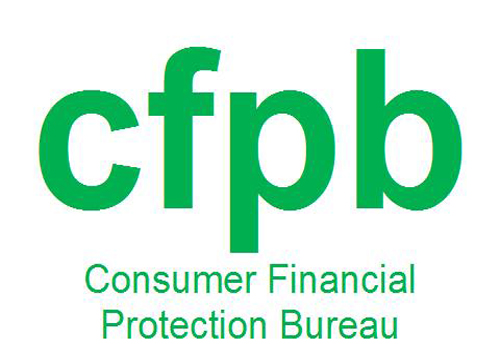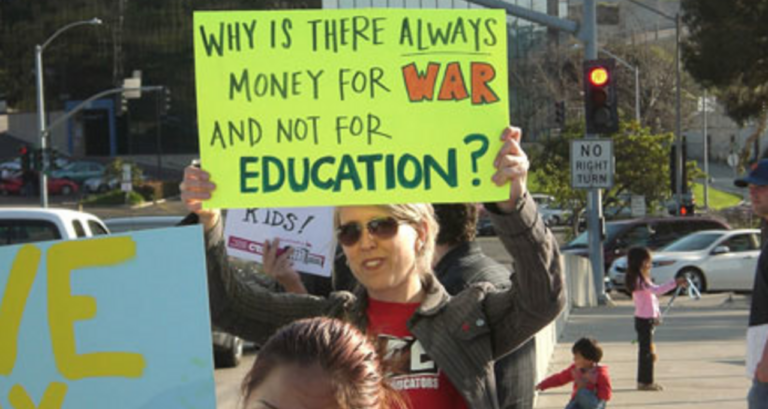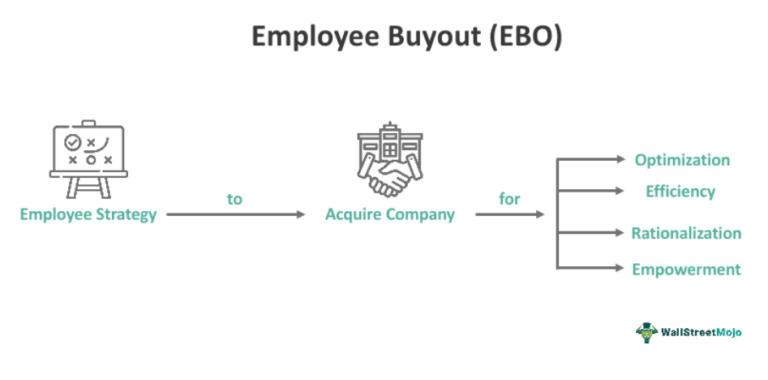
Audience
- Sentiment: Concerned
- Political Group: Progressive
- Age Group: 18-34
- Gender: Both
Overview
- The CFPB is facing turmoil, including a week-long closure and halted oversight, due to recent actions by Acting Director Russell Vought.
- Without the CFPB, consumers risk potential financial abuse from banks and lenders, leading to unfair practices and hidden fees.
- A controversial debate surrounds the CFPB’s role, with some viewing it as essential for consumer protection and others seeing it as an impediment to business.
Title: What’s Happening with the Consumer Financial Protection Bureau (CFPB) and Why It Matters to You
Picture this: you wake up one morning, scroll through your phone, and see a tweet from Elon Musk. You might think, “What could that possibly have to do with me?” But for many Americans, Musk’s tweet is just the tip of the iceberg, leading to some unexpected and, frankly, alarming news about an agency that works to protect consumers like you and me. Let’s dive into the recent turmoil at the Consumer Financial Protection Bureau (CFPB) and explore why what’s happening now could have real consequences for millions of people.
What is the CFPB?
First things first! Before we get into the drama, we need to understand what the CFPB actually does. Founded in response to the financial crisis of 2008, the CFPB is a government agency that aims to ensure that banks, lenders, and other financial institutions treat customers fairly. Imagine you’re trying to take out your first student loan or buy your first car; the CFPB stands between you and potential sneaky fees or unfair deals.
The agency takes complaints from consumers, creates rules to keep financial companies in check, and promotes financial literacy. Essentially, they’re the watchdogs of the financial world, preventing abuses like predatory lending—where lenders take advantage of people by giving them loans with ridiculously high-interest rates that can lead to crippling debt.
A Shocking Decision
Now, let’s get back to the news. Recently, the CFPB closed its headquarters in Washington, D.C., for an entire week, instructing employees to work from home. On the surface, this might seem like a simple decision, but it’s much more complicated. The reason behind this sudden closure isn’t just about COVID-19 or a random government shutdown; it directly follows some eyebrow-raising tweets from none other than Elon Musk.
Musk posted hints about the potential “demise” of the CFPB. For someone who has made headlines for everything from electric cars to space travel, you might wonder why his tweets would shake up a government agency. Well, the online world moves fast, and when influential figures like Musk share their opinions, it can catalyze change—both good and bad.
Following these tweets, Russell Vought, who has just stepped in as the Acting Director of the CFPB, issued a wave of orders that put the agency’s operations on pause. This included halting oversight of various financial institutions. Without proper oversight, consumers might think twice about trusting their banks or lenders, which could lead to a chaotic situation for consumers who rely on them.
The Impact of the Closure
So, what’s the big deal? If you’re a high school student focused on classes, sports, and social life, you might be wondering why this matters to you. The reality is, without the CFPB actively watching financial institutions, millions of Americans could be at risk of financial abuse.
Imagine going to a bank to open your first checking account, only to find they’re hiding fees in the fine print that you didn’t understand. Or picture a family trying to get a mortgage to buy their first home but getting stuck with a loan that has an interest rate so high, it’s like they’re being punished for needing help. The absence of consumer protection means that people can get taken advantage of, leading to stress, anxiety, and—ultimately—a tougher financial situation.
The Fight Over Consumer Protections
What makes this situation even more intense is the reaction from employees and their union. They aren’t just sitting back and accepting this chaos. Instead, they’ve filed lawsuits challenging Vought’s decisions. They believe that his actions are not just untimely but also illegal. They argue that halting operations designed to protect consumers puts essential protections at risk.
Imagine being a part-time worker trying to earn some extra cash, only to find out that your employer has been skimming your paycheck because no one is around to oversee the situation. While it might sound exaggerated, that’s what some experts fear could happen on a much larger scale without the CFPB in action.
Why Has the CFPB Become a Target?
Now you might be wondering why the CFPB is being targeted in the first place. In recent years, some politicians and influencers have criticized the agency, claiming it was too powerful and too intrusive. They argue that it hurts businesses and stifles economic growth. On the flip side, consumer advocates argue that the CFPB is essential to create a fair financial marketplace, especially for those who might not have the resources to defend themselves against unfair practices.
It’s kind of like a school where some believe the rules are too strict, while others think they protect students from harm. In the same way, the CFPB’s future hinges on whose interests people believe should come first: businesses or consumers.
Sounding the Alarm
Experts warn that without the CFPB watchdog in place, we could see a return to practices that lead to the financial crisis of 2008. That financial crisis wreaked havoc on families across the country, causing millions to lose their homes and jobs. Today, with rising prices and economic uncertainty, many people are already stressed about finances. It would be disastrous to take away the protections that help keep our financial systems in check.
So, what can you do? While you may not have a job yet or be thinking about buying a car, you can still develop awareness. Follow financial news, understand how financial institutions work, and advocate for transparency in financial practices.
A Call to Action
In the end, the closure of the CFPB’s headquarters is a call to pay attention—to stay informed, get involved, and hold our lawmakers accountable. Changes at this level affect everyone, and understanding these issues empowers us to make smarter financial choices someday.
This situation raises an important question for you: How do you think the future of consumer protections will shape the financial landscape when it’s your time to engage with banks? What are your thoughts on the CFPB, and do you think it should be reformed, eliminated, or left as is? We would love to hear your opinions! Please share your thoughts in the comments below!





